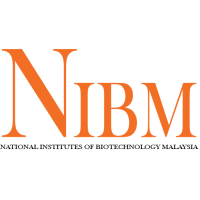Mushrooms are considered an important food for their traditionally famous nutritional and medicinal values, although much information about their potential at the molecular level is unfortunately unknown. Edible mushrooms include fungi that are either collected wild or cultivated. Many important species are difficult to cultivate but attempts have been made with varying degrees of success, with the results showing unsatisfactory economical cultivation methods. Recently, proteomic analysis has been developed as a powerful tool to study the protein content of fungi, particularly basidiomycetes. This mini‐review article highlights the contribution of proteomics platforms to the study of edible mushrooms, focusing on the molecular mechanisms involved in developmental stages. This includes extracellular and cytoplasmic effector proteins that have potential or are involved in the synthesis of anticancer, antidiabetic, antioxidant, and antibiotic, in blood pressure control, in the supply of vitamins and minerals, and in other responses to environmental changes. The contribution of different proteomics techniques including classical and more advanced techniques is also highlighted.
Data dan Sumber
| Field | Value |
|---|---|
| Bidang Penyelidikan | Bioteknologi |
| Objektif Sosioekonomi | Advanced Experimental and Applied Science |
| Penerbit | |
| Lesen | License Not Specified |
| Tahap Akses Awam | Public |
| Modified | 2019-12-09 |
| Release Date | 2019-12-05 |
| Identifier | 062d0b27-96ca-4512-848f-ba4c5144bb0c |
The online version of this article (https://doi.org/10.1002/elps.201600031) contains supplementary material, which is available to authorized users.

